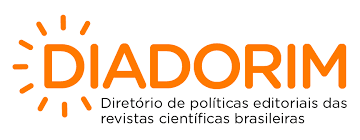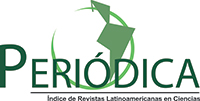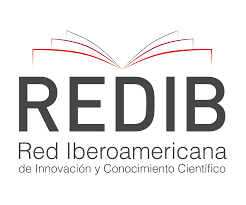CHARACTERIZATION OF PATIENTS WITH OBSESSIVE-COMPULSIVE DISORDER: AN EPIDEMIOLOGICAL STUDY
DOI:
https://doi.org/10.5380/ce.v17i4.30365Keywords:
Obsessive-compulsive disorder, Hospitalization, Psychiatric nursing.Abstract
This is a retrospective, exploratory study, undertaken in a psychiatric institution with the aim of characterizing
the patients affected by Obsessive-Compulsive Disorder by sex, age, provenance, duration of hospitalization, type of discharge,
type of hospitalization, and source of financing of hospitalization. The sample comprised 61 patients, the majority of whom
were female (47-77%), age range over 41 years old (41-67%), who came to hospital from the family home (31-50.8%) and length
of hospitalization of 30 days (33-54.1%). The most frequent type of discharge was medical (51-83.6%), and there were similar
prevalences for first hospitalizations (30-49.2%) and re-hospitalizations (31-50.8%); the main financer for hospitalization was
the Unified Health System (54-88.5%). Actions for the early diagnosis of this disorder must be developed so that the treatment
may be initiated promptly, so as to avoid the worsening of obsessions and compulsions.
Downloads
Published
How to Cite
Issue
Section
License
Cogitare Enfermagem reserves the right to make normative, orthographic, and grammatical changes to the published article to maintain the cultured standard of the language, while respecting the authors' style.
The published study is the sole responsibility of the author(s), and Cogitare Enfermagem is exclusively responsible for evaluating the manuscript as a scientific publication vehicle. Revista Cogitare Enfermagem is not responsible for any violations of Law No. 9,610/1998, the Brazilian Copyright Law.
Cogitare Enfermagem allows the author to hold the copyright of articles accepted for publication, without restrictions.
The articles published are licensed under the Creative Commons license CC BY 4.0 Creative Commons - Attribution 4.0 International - CC BY 4.0 - The attribution adopted by Cogitare Enfermagem is permitted:
- Share - copy and redistribute the material in any media or format.
- Adapt - remix, transform and build upon the material for any purpose, even commercially.
- Attribution - You must give proper credit, provide a link to the license, and indicate if changes have been made. You may do this in any reasonable way, but not in a way that suggests that the licensor endorses it or approves of its use.
- No additional restrictions - You may not apply legal terms or technological measures that legally restrict others from doing something that the license allows.





















